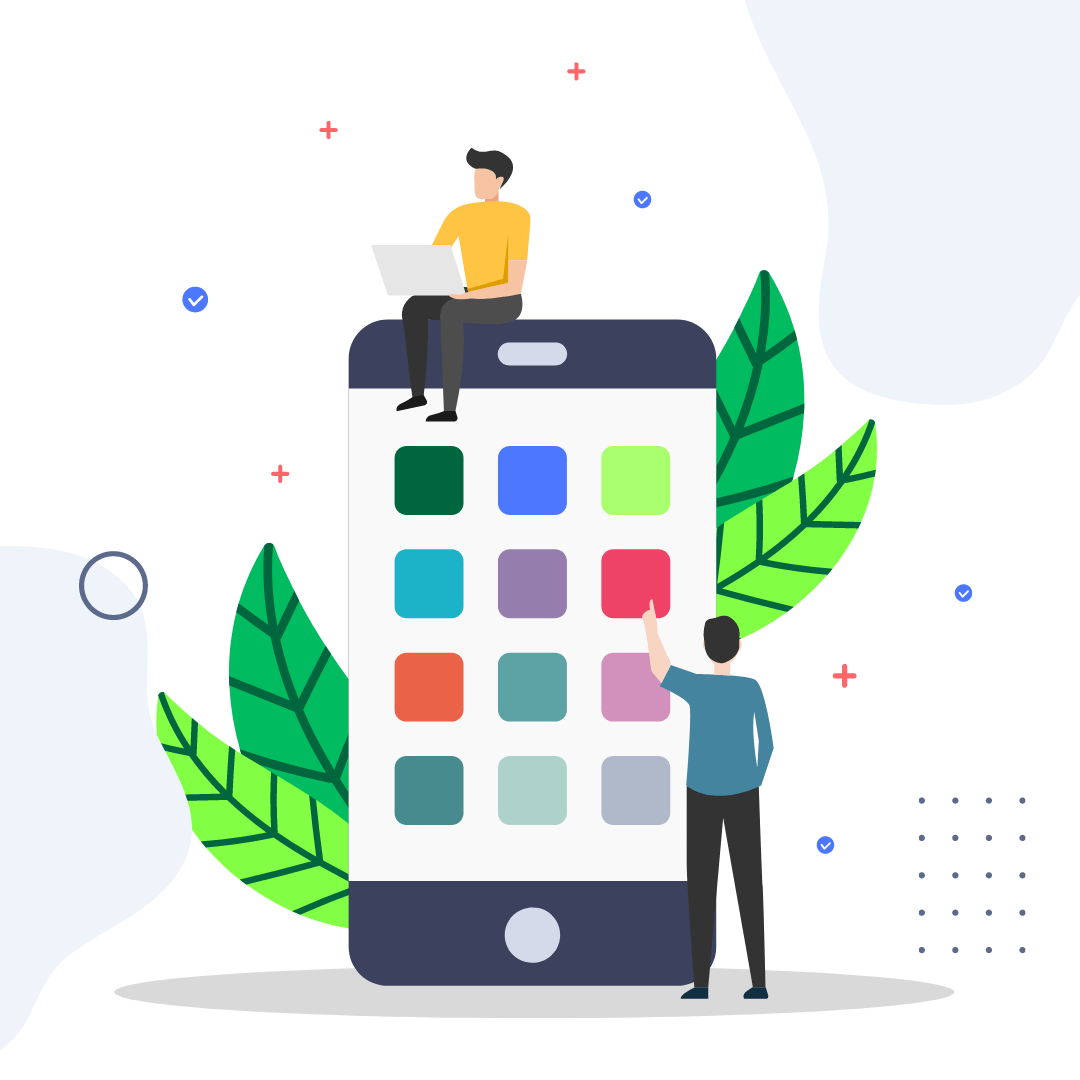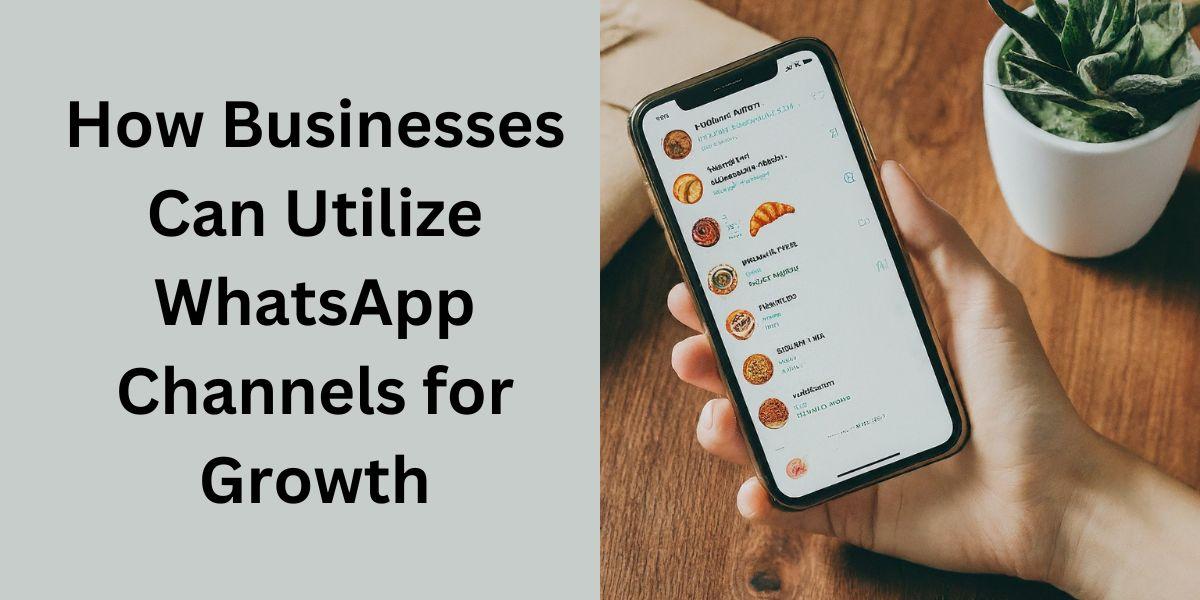In today’s digital age, user engagement plays a pivotal role in the success of mobile applications. With millions of apps vying for users’ attention, developers need to employ effective strategies to keep users engaged and interested in their Android applications. One such strategy that has proven to be highly effective is the use of push notifications. In this blog post, we’ll explore how push notifications can be leveraged to enhance user engagement in Android applications.
Understanding Push Notifications
Push notifications are messages that are sent from a server to a user’s device, even when the user is not actively using the application. These notifications appear in the device’s notification tray and can be used to deliver timely and relevant information to users. Push notifications can be used to notify users about new content, important updates, special offers, reminders, and much more.
Benefits of Push Notifications
Increased User Engagement: Push notifications enable developers to reach out to users and grab their attention even when they are not using the app actively. By delivering relevant and timely information, push notifications can encourage users to re-engage with the application.
Personalized Communication: Push notifications can be personalized based on user preferences, behavior, location, and other factors. This personalized communication can make users feel valued and can significantly enhance their engagement with the application.
Retention and Loyalty: Regular communication through push notifications can help in retaining users and build brand loyalty. By keeping users informed about new features, updates, and content, developers can ensure that users continue to find value in the application.
Promotion and Marketing: Push notifications can also be used as a powerful marketing tool to promote new features, products, or services offered within the application. By sending targeted notifications to specific user segments, developers can drive user engagement and increase conversions.
Best Practices for Using Push Notifications
Relevance: Ensure that push notifications are relevant to the user’s interests and preferences. Sending generic or irrelevant notifications can annoy users and lead to app uninstalls.
Timing: Timing is crucial when sending push notifications. Avoid sending notifications at inconvenient times such as late at night or early in the morning. Instead, schedule notifications to be delivered when users are most likely to be engaged with the app.
Frequency: Be mindful of the frequency of push notifications. Sending too many notifications can overwhelm users and lead to app fatigue. Strike a balance by sending timely and valuable notifications without bombarding users with excessive messages.
Clear and Concise Messaging: Keep push notifications short, clear, and concise. Communicate the main message or call to action effectively within a limited character count to ensure maximum impact.
A/B Testing: Experiment with different types of notifications, messaging, and timing to understand what resonates best with your users. Conduct A/B testing to optimize your push notification strategy and maximize user engagement.
Conclusion
Push notifications are a powerful tool for enhancing user engagement in Android applications. By delivering timely, relevant, and personalized messages, developers can effectively communicate with users and encourage them to re-engage with the application. By following best practices such as ensuring relevance, timing, frequency, and clear messaging, developers can leverage push notifications to drive user engagement, retention, and loyalty. Incorporating push notifications into your Android application development services can significantly enhance the overall user experience and contribute to the success of your app.
Note:- Top 15 Mobile App Development Frameworks in 2023 and Beyond






